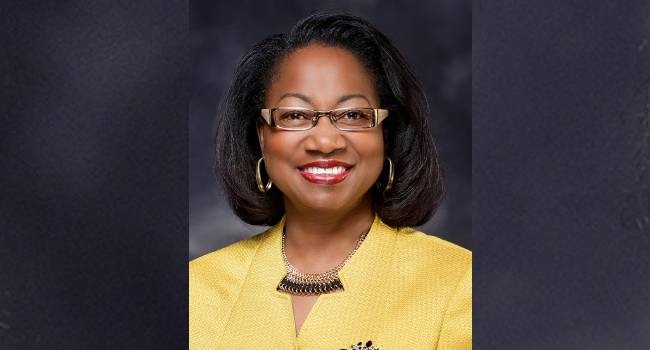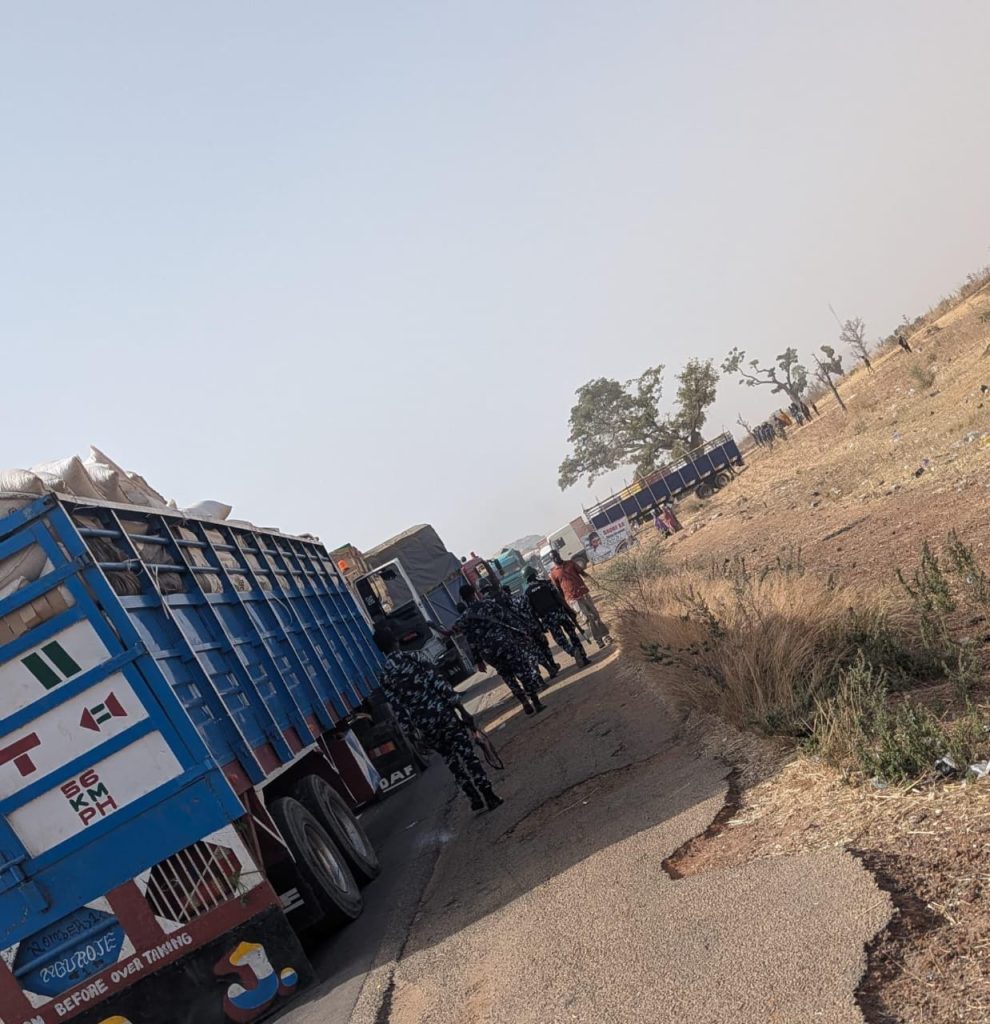Football is widely considered the most popular sport in Zimbabwe. However, due to the underwhelming performances showcased by most of the country’s national league clubs, fans are losing interest, with younger, smaller clubs taking over.
The situation worsened in February 2022 when FIFA suspended the country’s football due to interference from the Zimbabwe Football Association’s (ZIFA) government. The ban extended to all women’s and youth national teams as well as clubs from Zimbabwe, which were competing on the continental level.
While the ban has been detrimental to Zimbabwean football in many respects, the local game has seen a resurgence as it is no longer governed by FIFA or the Confederation of African Football. The average attendance in the Zimbabwe Premier Soccer League (PSL) for this season has increased from around 2,000 to approximately 15,000, according to Al Jazeera English.
In light of FIFA’s prohibition, corporate sponsors that originally focused on financing the national team have redirected more financial resources towards local football, enhancing the quality of the most prominent clubs. Dynamos, Zimbabwe’s most prosperous team, formed in 1963, has won a record-breaking 22 league titles and made it to the African Champions League final in 1998.
However, over the past five years, Dynamos and another significant team, Bulawayo-based Highlanders, lagged behind new clubs, owned and operated by sizable corporations with a major stake in Zimbabwe’s economy.
While the local game has improved, PSL and club executives are concerned about the difficulties that could arise if the ban on the nation’s football continues. In the absence of continental or global football, the longer the prohibition continues, the more likely it is that standards will lessen. Additionally, the league’s finances will be affected due to the potential long-term loss of sponsors and the continued freeze on FIFA funding, which formerly included funds for officiating and coaching courses.
Zimbabwe was initially banned after the Sports and Recreation Commission (SRC), Zimbabwe’s state body responsible for sport, removed Felton Kamambo, the ZIFA president, and his entire board of directors in response to allegations of corruption and sexual harassment of female match officials. Local media first reported these allegations against ZIFA’s referees committee secretary general, Obert Zhoya and its chairperson, Bryton Malandule, in September 2020. Two of the alleged victims, who were both referees, lodged formal complaints with the ZIFA board.
The allegations were subsequently forwarded to FIFA, the global governing body of football, the Confederation of African Football (CAF), and the Council of Southern Africa Football Associations (COSAFA). A formal investigation was only launched in December 2021 after the victims reported the allegations to the police.



